Law Enforcement
Law enforcement officers are often the first, and frequently the only, responders to emergency and non-emergency calls involving people with behavioral health needs. These calls can be complex and challenging to resolve, with disproportionately tragic outcomes. And in many communities, law enforcement officers have neither adequate training, nor the appropriate resources, to effectively respond to people in crisis. Further, many officers have too few options of where to take someone in crisis other than jail or the emergency department.
To respond to these challenges, and with the support of JMHCP, many law enforcement agencies have begun to partner with their behavioral health providers to build collaborative responses that provide alternatives to arrest, increase connections to resources, reduce repeat encounters, and minimize use of force in encounters with people with mental health needs.
Law Enforcement-Mental Health Learning Sites
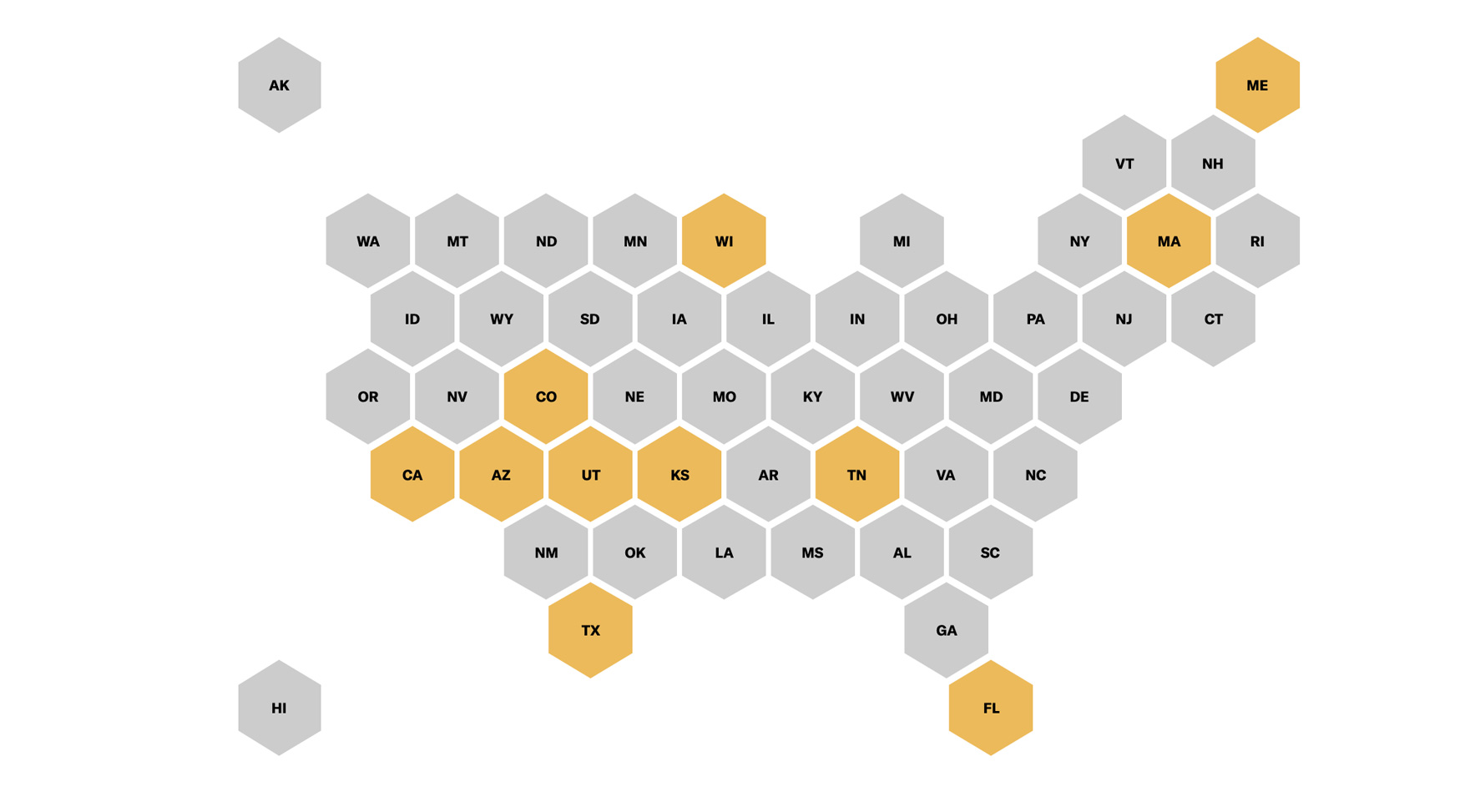
Collaboration Spotlight
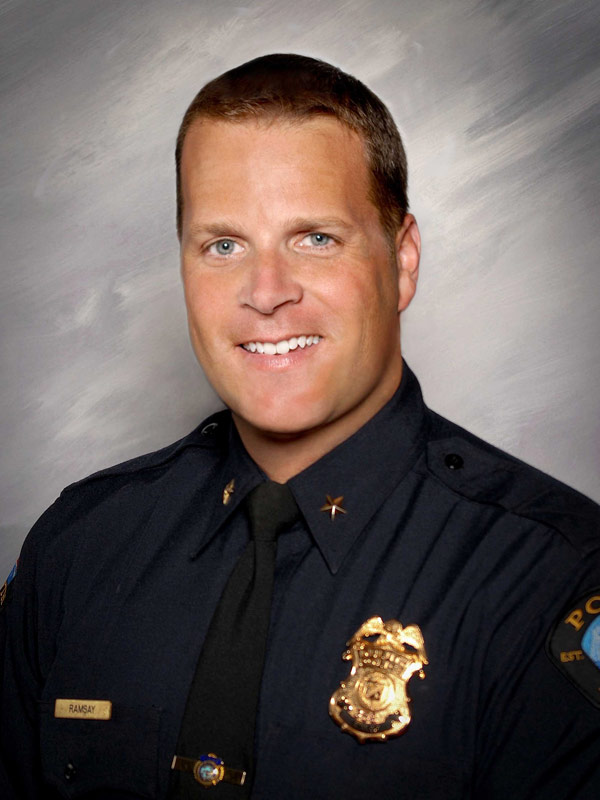
We want officers to have resources that they need to effectively respond to people in crisis, which is why our department has partnered with local homeless and health systems to build out community services, increasing the chances of success for the people we encounter most frequently and reducing the burden on our officers.
Former Chief Gordon Ramsay, Wichita, KS, Police Department
Selected resources
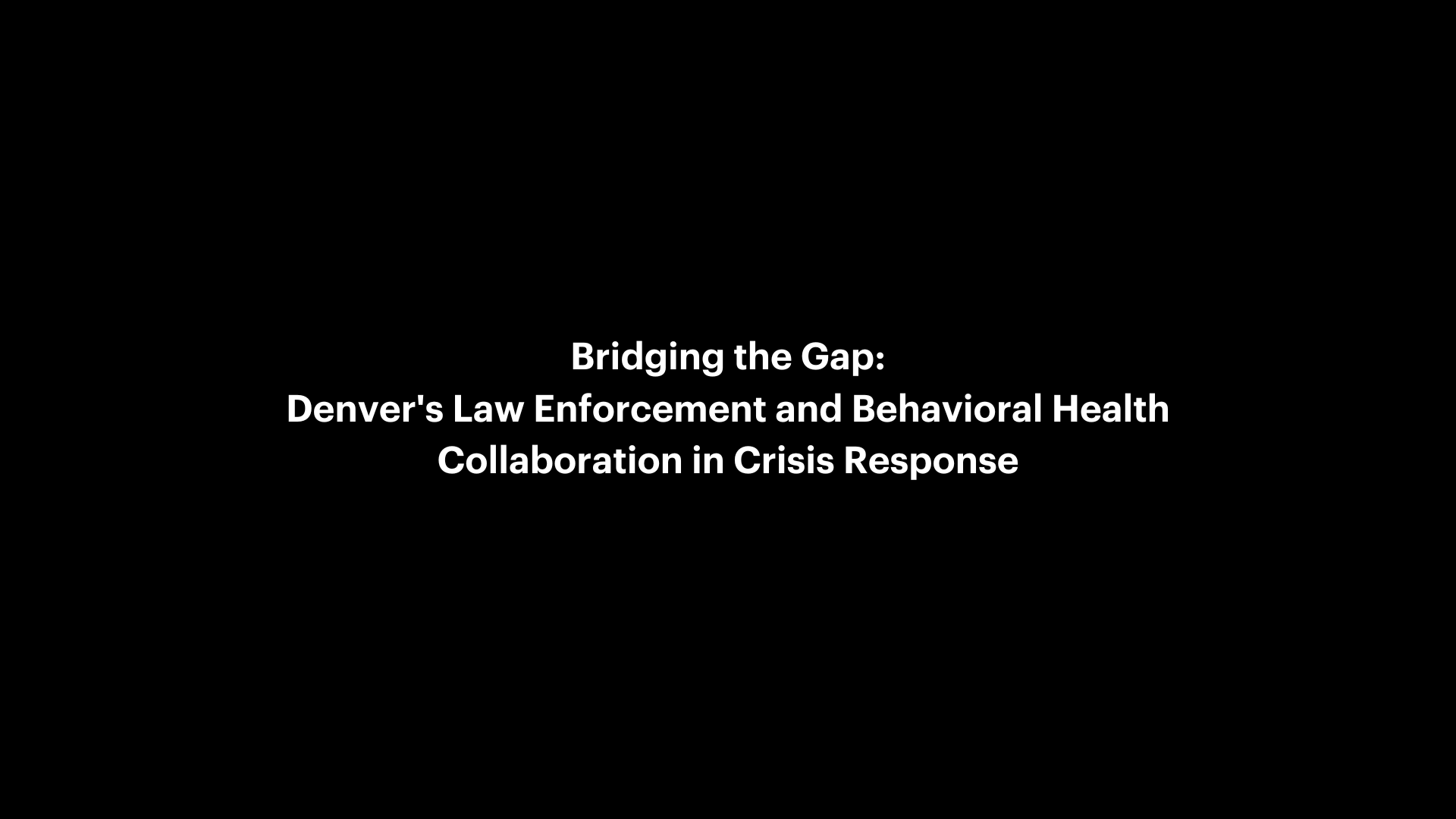
Bridging the Gap: Denver's Law Enforcement and Behavioral Health Collaboration in Crisis Response
Law enforcement
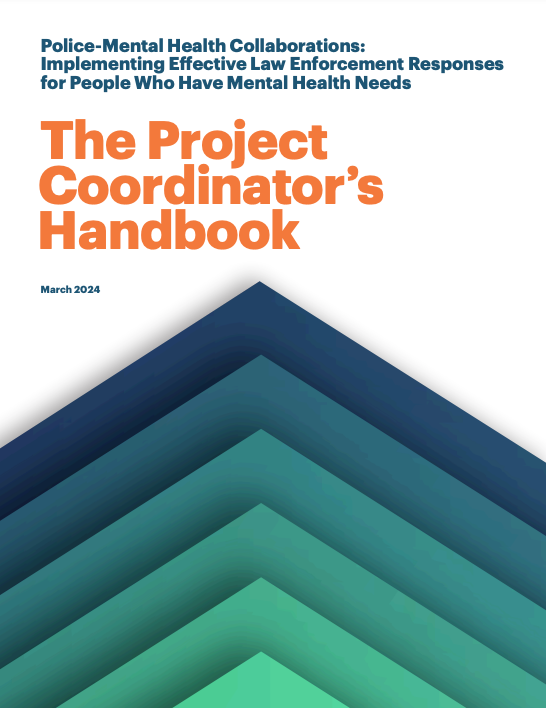
Police-Mental Health Collaborations: Implementing Effective Law Enforcement Responses for People Who Have Mental Health Needs
Law enforcement
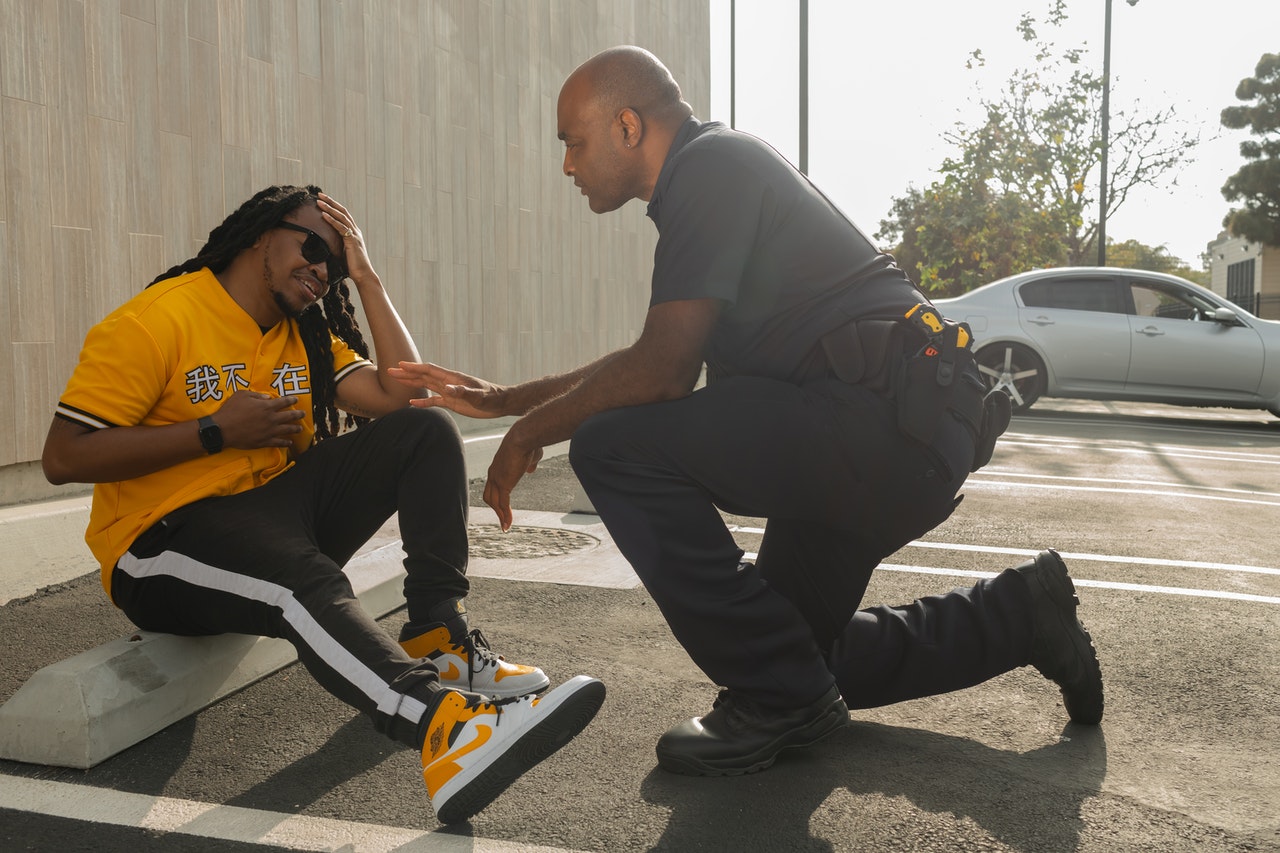
Mental Health Training: Strategies for Small and Rural Law Enforcement Agencies
Law enforcement
Key Staff
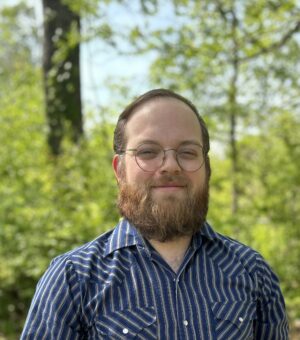
Sean Justice
Senior Policy Analyst, Behavioral Health
Sean Justice provides technical assistance to Justice and Mental Health Collaboration Program grantees and Law Enforcement-Mental Health Learning Sites. Previously, Sean worked with the Institute for Intergovernmental Research in law enforcement and correctional officer safety and wellness. In this role, he supported programs aimed at providing resources and trainings to agencies supporting officer mental wellness. He also worked with the National Gang Center and the STOP School Violence program supporting targeted trainings to law enforcement and school resource officers. He has also served as a parole officer for the state of Tennessee and as a correctional program coordinator for the Tennessee Department of Corrections’ Swift, Certain, and Fair program. Sean holds a MS in forensic psychology and a BS in criminal justice with a focus in forensic psychology from Tiffin University.

Ernest Stevens
Deputy Division Director, Behavioral Health
Ernest Stevens oversees the portfolio of work focused on improving outcomes for people experiencing behavioral health conditions and homelessness who encounter law enforcement. Ernest supports communities in adopting, implementing, and evaluating new practices. Previously, Ernest spent over 28 years in law enforcement helping develop new programs and policies for the San Antonio Police Department. He also worked as a program manager for the Southwest Texas Regional Advisory Council that oversees emergency operations for 22 counties in Texas. Ernest was featured in the Emmy Award–winning documentary Ernie and Joe: Crisis Cops. Ernest also wrote Mental Health and De-Escalation: A Guide for Law Enforcement Professionals. He earned his BS in criminal justice from Wayland Baptist University.